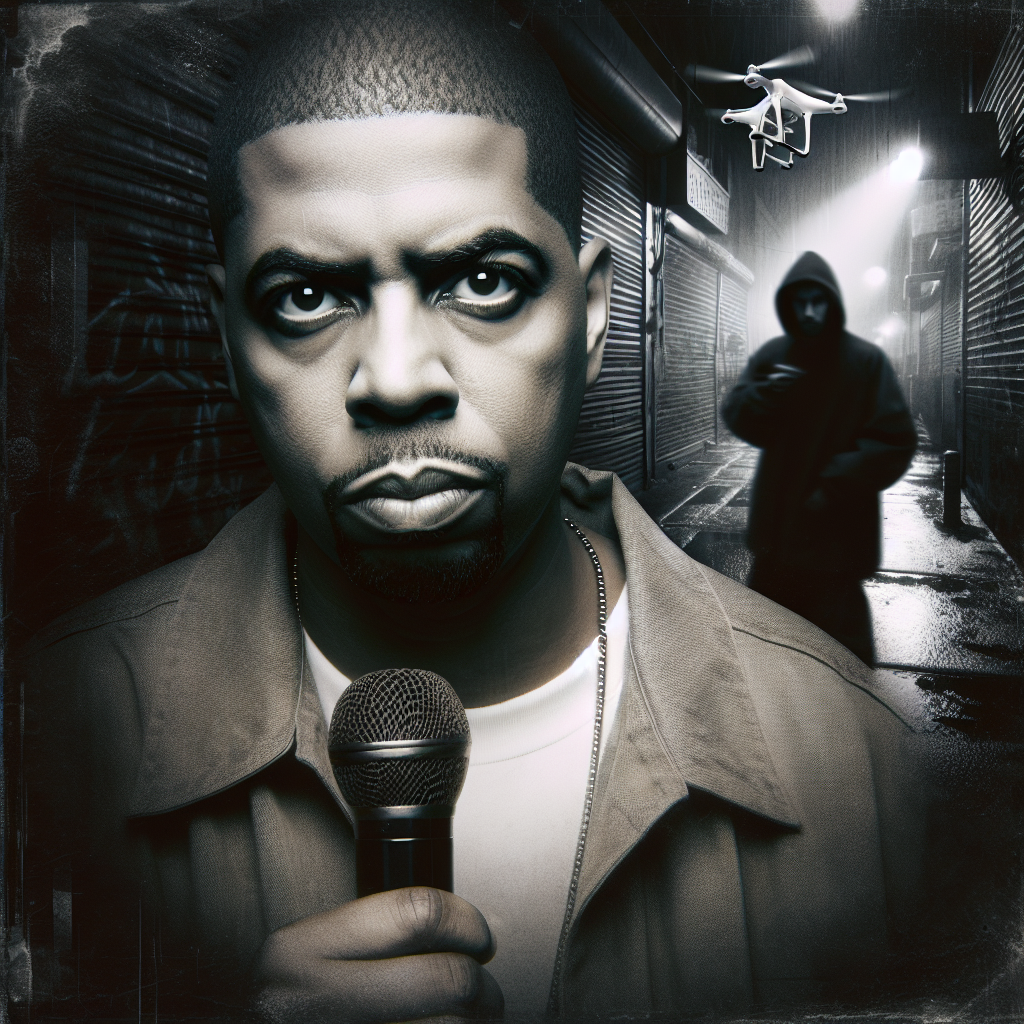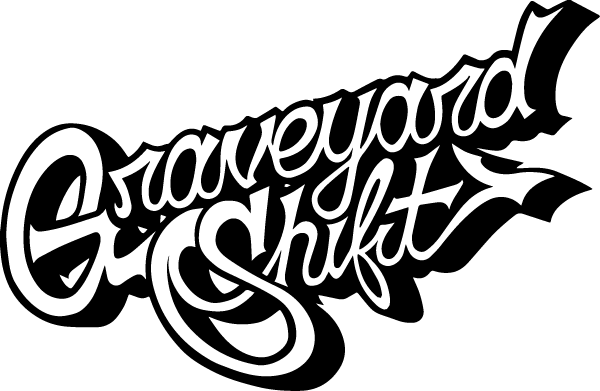
Ol' Dirty Bastard's Government Surveillance Concerns Confirmed by FBI Wu-Tang Files by Graveyard Shift
Share
# Ol' Dirty Bastard's Government Surveillance Concerns Confirmed by FBI Wu-Tang Files
The enigmatic and often misunderstood rapper Ol' Dirty Bastard (ODB) of the iconic Wu-Tang Clan was known for his provocative behavior, eclectic persona, and raw musical talent. Yet, beneath the surface of his wild antics lay a legitimate unease about government surveillance—a concern that was not merely a figment of his imagination. Recently declassified *FBI files* reveal that ODB's suspicions had a solid foundation, bringing a new layer of depth to his storied legacy.
## Understanding Ol' Dirty Bastard's Worldview
**ODB**, born Russell Tyrone Jones, was an artist who often blurred the lines between reality and performance. His unpredictable nature and frequent run-ins with the law made him a target for both critics and authorities. His belief that he was under constant surveillance was often dismissed as paranoia, but new evidence confirms that his anxiety was far from unfounded.
### The Context of Government Surveillance
In the 1990s and early 2000s, the climate of government surveillance was particularly intense, especially toward influential and controversial public figures. The War on Drugs had escalated, and hip-hop artists often found themselves under scrutiny due to their lyrical content and public personas. ODB was no exception, given his high-profile lifestyle and brushes with law enforcement.
## The Revelation: FBI Wu-Tang Files
Recently unveiled **FBI files** shed light on the extent of the surveillance. According to these documents, ODB and his associates were subjects of substantial observation. This revelation not only corroborates ODB's claims but also offers a glimpse into the broader practice of monitoring influential musicians and cultural figures.
### Key Findings from the FBI Files
The documents reveal several noteworthy aspects:
**Long-Term Surveillance:** ODB was monitored over an extended period, even during times when he was not actively involved in criminal activities.
**Extensive Dossier:** The files include detailed notes on his movements, phone calls, and associations, reflecting a thorough and sustained effort to track his activities.
**Collaborative Monitoring:** Federal authorities frequently collaborated with local law enforcement agencies, indicating a coordinated effort to keep ODB under close watch.
## The Impact of Surveillance on ODB's Life and Art
ODB's awareness of government surveillance significantly influenced both his personal life and his art. His lyrics, interviews, and public statements often echoed his suspicions and frustrations. Understanding this context is crucial to appreciating the emotional and psychological undertones of his music.
### Paranoia or Prudence?
While some might still view ODB's concerns as symptoms of paranoia, the declassified FBI files suggest otherwise. His fears were grounded in reality, reflecting a legitimate response to an invasive and often intrusive form of monitoring. This understanding challenges us to rethink the narrative around ODB, recognizing the pressures and injustices he faced.
### Artistic Expression
ODB's music often served as an outlet for his anxieties and resistance. Tracks like **"Cuttin' Headz"** and **"I Can't Wait"** are imbued with a raw honesty that resonates differently when viewed through the lens of a man under surveillance. His distinctive style—chaotic, unrestrained, and vulnerable—can now be seen as an authentic expression of his lived experience.
## The Broader Implications of FBI Surveillance
ODB's case is not isolated. It highlights a broader trend of government surveillance on artists and cultural figures, raising important questions about civil liberties and freedom of expression.
### Historical Context
Historically, the FBI has monitored various artists, activists, and public figures, often under the guise of national security. From Martin Luther King Jr. to John Lennon, the list includes many who have posed perceived threats to the status quo.
### Modern Parallels
Today's digital age presents even more sophisticated tools for surveillance, making it easier to monitor individuals. The revelations about ODB serve as a reminder of the delicate balance between security and privacy, a debate that remains highly relevant.
## What We Can Learn from ODB's Experience
The story of Ol' Dirty Bastard is a compelling case study in the consequences of government surveillance on individual lives and artistic expression. It urges us to reflect on several critical points:
**Respect for Civil Liberties:** The importance of safeguarding civil liberties, even in the face of legitimate security concerns, cannot be overstated.
**Understanding Artists' Lives:** Appreciating the full context of an artist's life, including external pressures and challenges, leads to a deeper understanding of their work.
**Advocacy for Transparency:** Continued advocacy for transparency and accountability in government surveillance practices is essential to maintaining a free and open society.
## Conclusion
Ol' Dirty Bastard's legacy is complex and multifaceted, encompassing not only his groundbreaking contributions to hip-hop but also his struggles with personal demons and systemic forces. The confirmation of his surveillance by the *FBI's recently declassified files* adds a new dimension to our understanding of his life. Rather than dismiss his concerns as mere paranoia, we are now compelled to recognize them as grounded in a difficult reality.
As we reexamine ODB's story through the lens of these revelations, we gain insight into the broader implications of surveillance on society and the enduring importance of protecting civil liberties. This narrative, enriched by newfound knowledge, serves as a poignant reminder of the intricate, and often unseen, layers that shape the lives of cultural icons.
